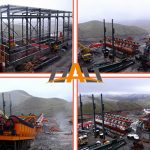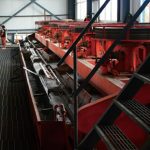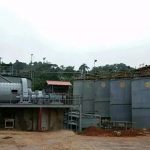Early Warning Systems for Preventing Downtime in Mine Vehicles
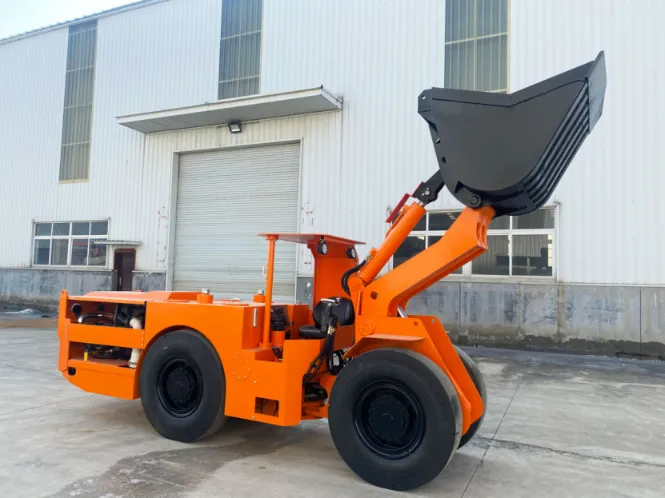
Mining sites face one big problem: keeping vehicles moving without sudden breakdowns. In deep tunnels and dusty roads, machines work under stress every single day. If one truck or loader stops, the whole mine can lose hours of work. That means higher costs and lower safety. Early warning systems, which include oil heat sensors, oil pressure alerts, and power fault alarms, are now becoming a must. They let workers see problems earlier and stop small issues from turning into disasters.
Qixia Dali, with more than twenty years of design and field work, has added these tools to its loaders, trucks, and utility machines. These features make mining safer, smarter, and more reliable.
The Growing Need for Reliable Mine Vehicles
Harsh Conditions in Subsurface Mining
Underground work is tough. Dust, water, shocks, and heavy loads all put pressure on engines and systems. Mining guides show that subsurface methods like shafts and tunnels are risky and need strong equipment. Without sensors, operators may not see damage until it is too late.
Cost of Unplanned Downtime
When a loader or truck fails underground, all work stops. Repairs take time and raise costs. Studies say that heavy gear downtime can cause big losses and more repair bills. To avoid this, some mines keep backup units, but that adds even more expense.
The Push Toward Intelligent Equipment
Mining is changing fast. Digital tools and automation are now common. Vehicles are expected to “talk” and show their health data in real time. Early warning systems fit this trend. They help teams act quickly, even before the machine stops.
Key Components of Early Warning Systems
Oil Temperature Monitoring
Engines and hydraulic parts need to stay cool. If oil runs too hot, seals and filters can burn out. Sensors for oil heat give alerts when numbers rise above safe levels. This allows workers to slow down, cool the system, and avoid damage.
Oil Pressure Alarms
Low oil pressure can break an engine or pump in minutes. A warning system gives instant alerts when pressure falls. Operators can then stop the vehicle and save the engine. For example, the Diesel LHD WJ 1.5 works nonstop in tight spaces, so pressure alarms are vital for its long service.
Electrical Fault Detection
Underground machines depend on lights, controls, and radios. If a short circuit or overload happens, the whole vehicle may stop. Automatic alarms warn of weak batteries or broken circuits. They lower the risk of fire and keep the operator safe.
Benefits of Early Warning Systems for Mine Operations
Safety for Workers
Subsurface mining already has dangers such as rock falls and bad air. Alarms lower these risks. By catching issues early, they stop sudden failures that might put workers in danger.
Extended Equipment Life
Fixing problems early keeps machines running longer. Planned checks are easier and cheaper than fixing a broken motor. Oil and power alarms mean fewer sudden breakdowns and longer life for engines and pumps.
Higher Productivity
Machines that keep moving bring more ore to the surface. Reports on trucks show that both load size and uptime affect how much material gets hauled. Early warning tools keep uptime high, so mines meet daily targets.
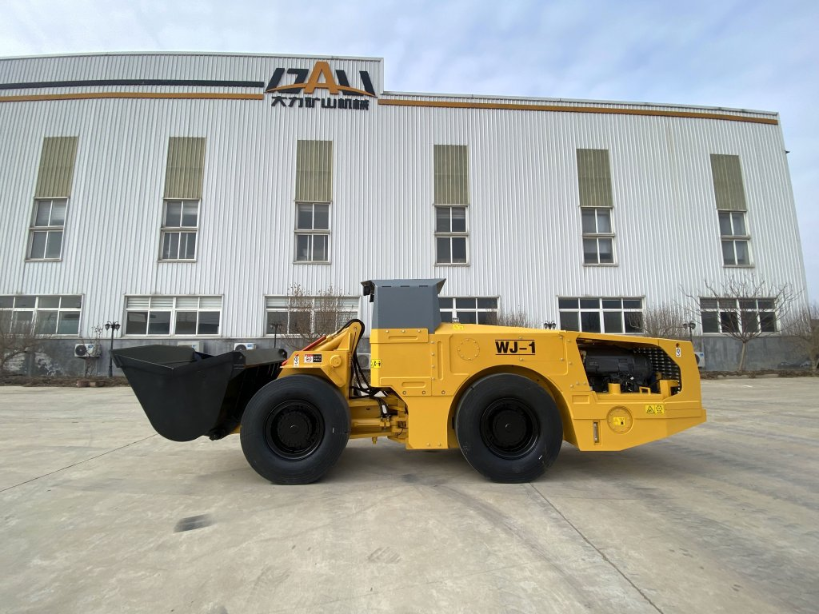
Integration with Modern Mine Management
Remote Monitoring and Control
Many vehicles now support remote use. Early warning data can be sent to a screen far away. A supervisor can see the numbers and react quickly, even if not on site.
Linking to Mine Wide Systems
Some mines use a central room where all data is shown. Alerts from LHDs and trucks can go straight to this system. The team can then decide if the unit should keep working or stop for a check.
Role in Intelligent and Green Mining
Mines today also want cleaner and smarter equipment. Many look at electric and hybrid trucks. Early warning alarms support this change, since they cut waste and keep energy use steady.
How Qixia Dali Implements Early Warning Technology
Over Two Decades of Development
Learn about them: Qixia Dali has worked on underground gear for more than twenty years. The company builds LHD loaders, mining trucks, and utility machines made for hard use in mines.
Built In Safety Features
Most models already come with oil heat alarms, oil pressure alerts, and electric fault warnings. These are not extras, they are standard tools. They show Qixia Dali’s focus on safe and steady operations.
Support and Service
For operators who want these tools in their fleets, Qixia Dali also offers advice and support. You can contact them to get help choosing the right model for a certain mine or task.
Conclusion
Downtime is one of the biggest costs in mining. It wastes money and risks safety. Early warning systems help reduce these problems. With alarms for oil, pressure, and power, vehicles can keep moving and stay safe. As mines become smarter and greener, these tools will play an even larger role. With years of work in underground gear, Qixia Dali is helping lead this change.
FAQ
Q1: What usually causes mine vehicles to stop working?
Heat, low oil pressure, and power faults are common reasons for breakdowns underground.
Q2: How can early warning alarms lower repair bills?
They catch small faults before they turn into large failures, so repairs are easier and cheaper.
Q3: Do all mining vehicles have early warning systems?
Not all. Some brands add them as options, but Qixia Dali includes them on many machines.
Q4: Can these systems work with remote controlled loaders?
Yes. Alerts can link to remote screens so both drivers and supervisors see them live.
Q5: How do oil pressure alarms help engines last longer?
They stop the machine before damage happens, protecting the motor and adding more years of use.
About Us
Qixia Dali Mining Machinery Co., Ltd was established in 1998, located in Yantai City.
The company is mainly engaged in the design, development, production, installation and training of underground mine equipment and ore processing equipment, spare parts supply and sales.
MoreContact Us
- Xinbang Rd, Private Economy Park, Qixia, Shandong Province, China
- +86 173 5350 8179
- ytdali@ytdali.com
 +86 13553073459
+86 13553073459
+86 13553073459
+86 13553073459


